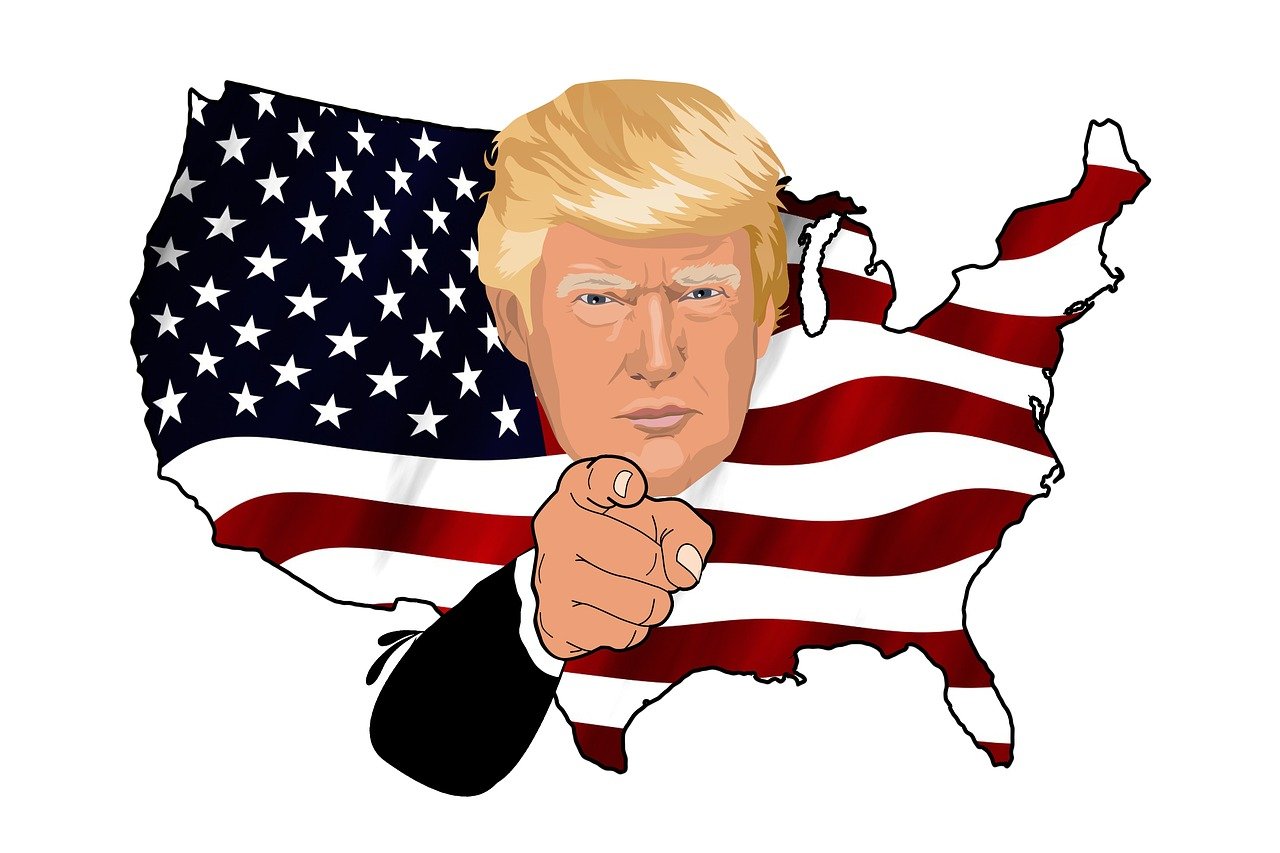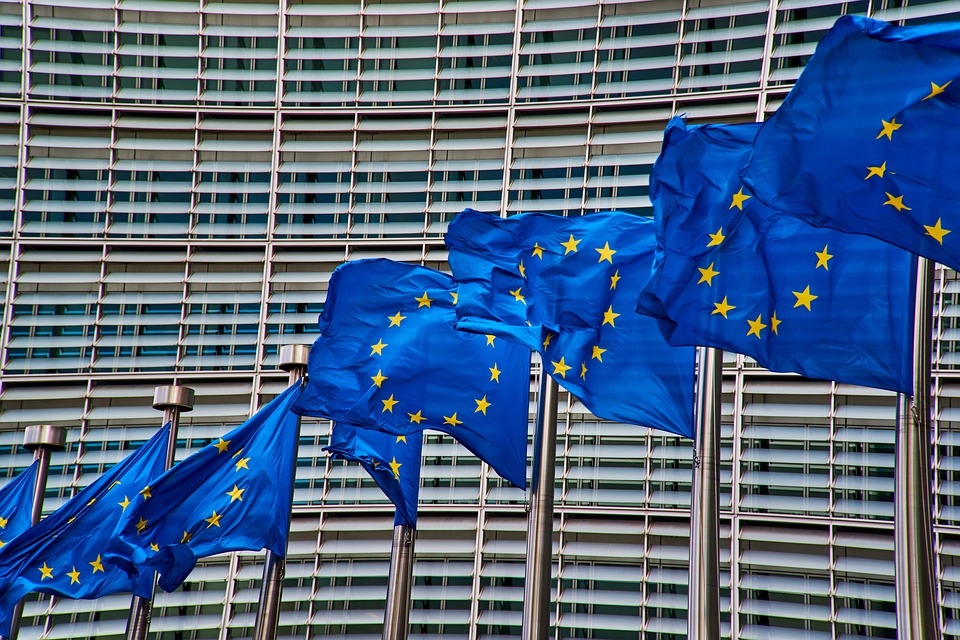Title: Analyzing Max Blumenthal’s Perspective: Is Trump Pro-War?
In the ever-evolving landscape of American politics, the question of whether former President Donald Trump is pro-war remains a topic of significant debate and analysis. In a recent YouTube video titled “Max Blumenthal: Is Trump Pro-War?”, journalist and author Max Blumenthal delves into this complex issue, offering insights and perspectives that challenge conventional narratives.
Max Blumenthal, known for his incisive critique of U.S. foreign policy and his work as the editor of The Grayzone, approaches the topic with a critical eye. His analysis is grounded in a thorough examination of Trump’s policies, rhetoric, and actions during his presidency, providing viewers with a nuanced understanding of Trump’s stance on war and military intervention.
Trump’s Foreign Policy: A Mixed Bag
Blumenthal begins by acknowledging the contradictory nature of Trump’s foreign policy. On one hand, Trump campaigned on a platform of reducing American military involvement overseas, criticizing the costly wars in the Middle East. His administration took steps to engage in peace talks with North Korea and initiated troop withdrawals from Afghanistan and Syria, moves that were seen by some as a departure from the interventionist policies of his predecessors.
However, Blumenthal also highlights actions that suggest a more hawkish stance. Trump’s administration increased military spending, escalated tensions with Iran by withdrawing from the nuclear deal, and authorized the assassination of Iranian General Qassem Soleimani. These actions, Blumenthal argues, reflect a complex relationship with military power, where Trump’s rhetoric of non-intervention often clashed with his administration’s policies.
Rhetoric vs. Reality
A significant portion of Blumenthal’s analysis focuses on the disparity between Trump’s rhetoric and his administration’s actions. While Trump frequently criticized the “endless wars” and promised to bring American troops home, Blumenthal points out that the reality was more nuanced. The reduction of troop numbers was often symbolic, and in some cases, military engagements were intensified.
Blumenthal suggests that Trump’s foreign policy was influenced by his desire to appeal to both his base, which largely supported the idea of reducing military interventions, and the defense establishment, which favored a strong military presence globally. This duality, Blumenthal argues, resulted in a foreign policy that was neither fully pro-war nor strictly anti-war but rather oscillated between the two based on political expediency.
The Influence of Advisors and Allies
Another critical aspect of Blumenthal’s analysis is the role of Trump’s advisors and international allies. Figures such as John Bolton and Mike Pompeo, known for their hawkish views, played significant roles in shaping Trump’s foreign policy decisions. Blumenthal posits that their influence often steered Trump towards more aggressive stances, despite his personal inclinations towards non-interventionism.
Additionally, Trump’s relationships with foreign leaders, such as Israeli Prime Minister Benjamin Netanyahu and Saudi Crown Prince Mohammed bin Salman, further complicated his foreign policy approach. Blumenthal argues that these alliances often led to policies that favored military solutions over diplomatic ones, particularly in the Middle East.
Conclusion: A Legacy of Ambiguity
In conclusion, Max Blumenthal’s video provides a comprehensive examination of the question, “Is Trump pro-war?” By dissecting the former president’s policies, rhetoric, and influences, Blumenthal presents a picture of a leader whose foreign policy was marked by contradictions and complexities. Trump’s legacy in this realm is one of ambiguity, characterized by a tension between his promises of non-intervention and the realities of his administration’s actions.
For those seeking to understand the intricacies of Trump’s foreign policy, Blumenthal’s analysis offers valuable insights. It serves as a reminder that in the world of politics, actions often speak louder than words, and the true nature of a leader’s stance on war is revealed not just through their declarations, but through the policies they enact and the advisors they choose to empower.


